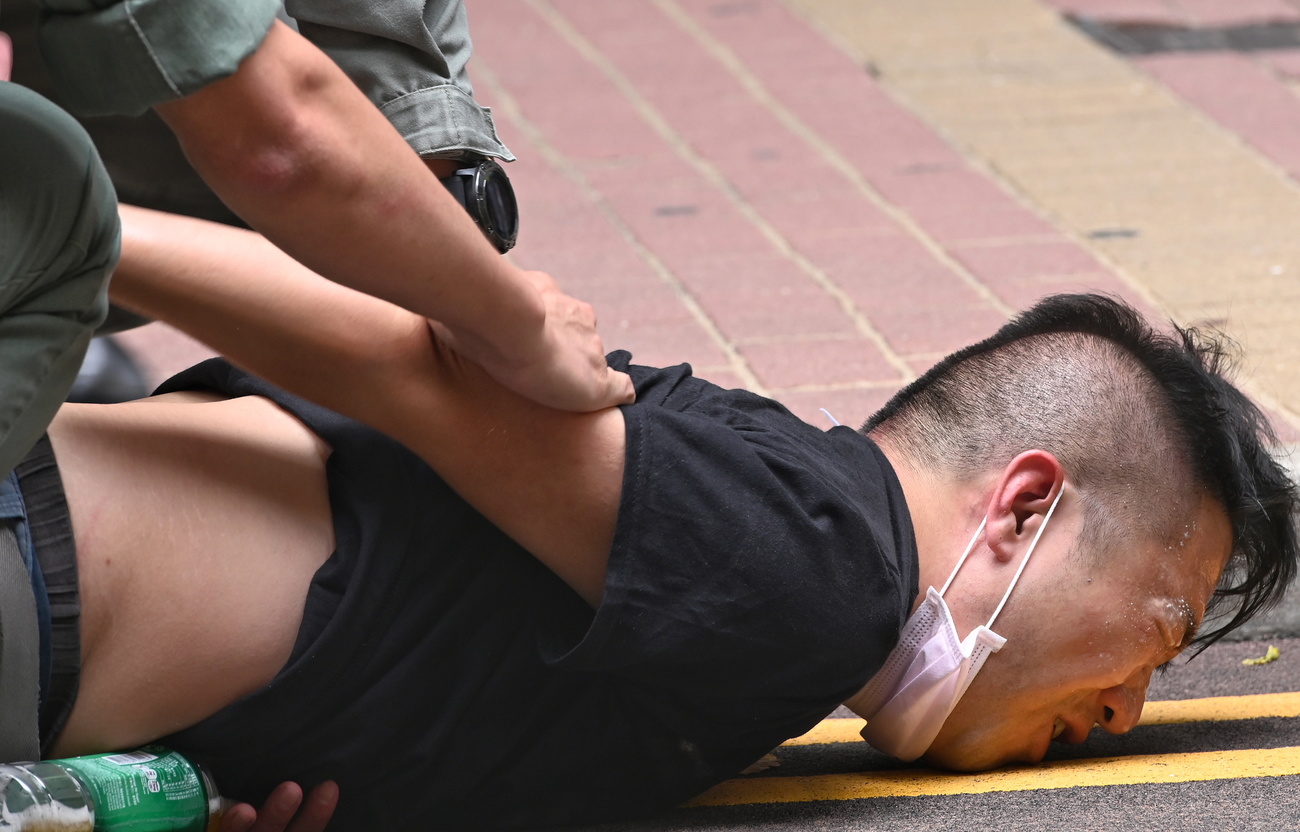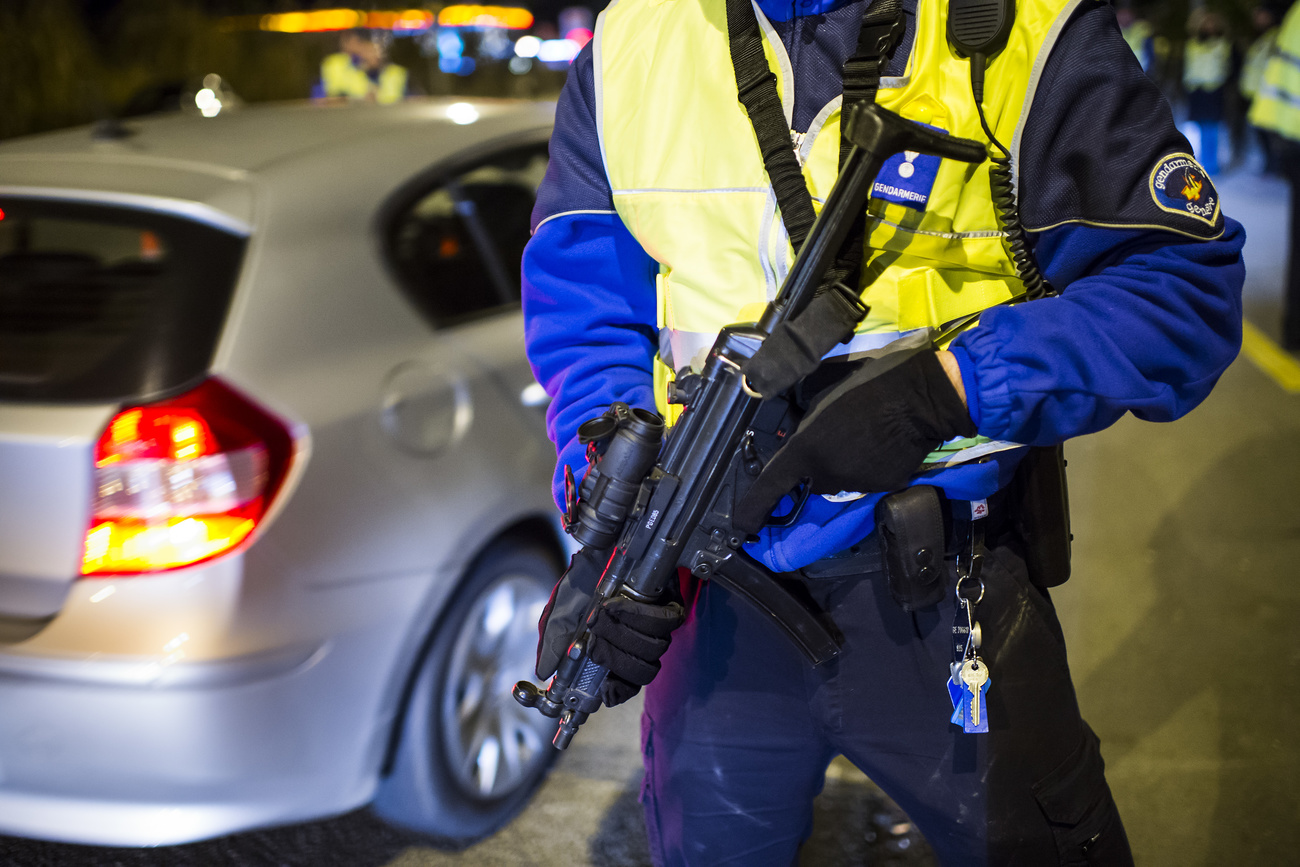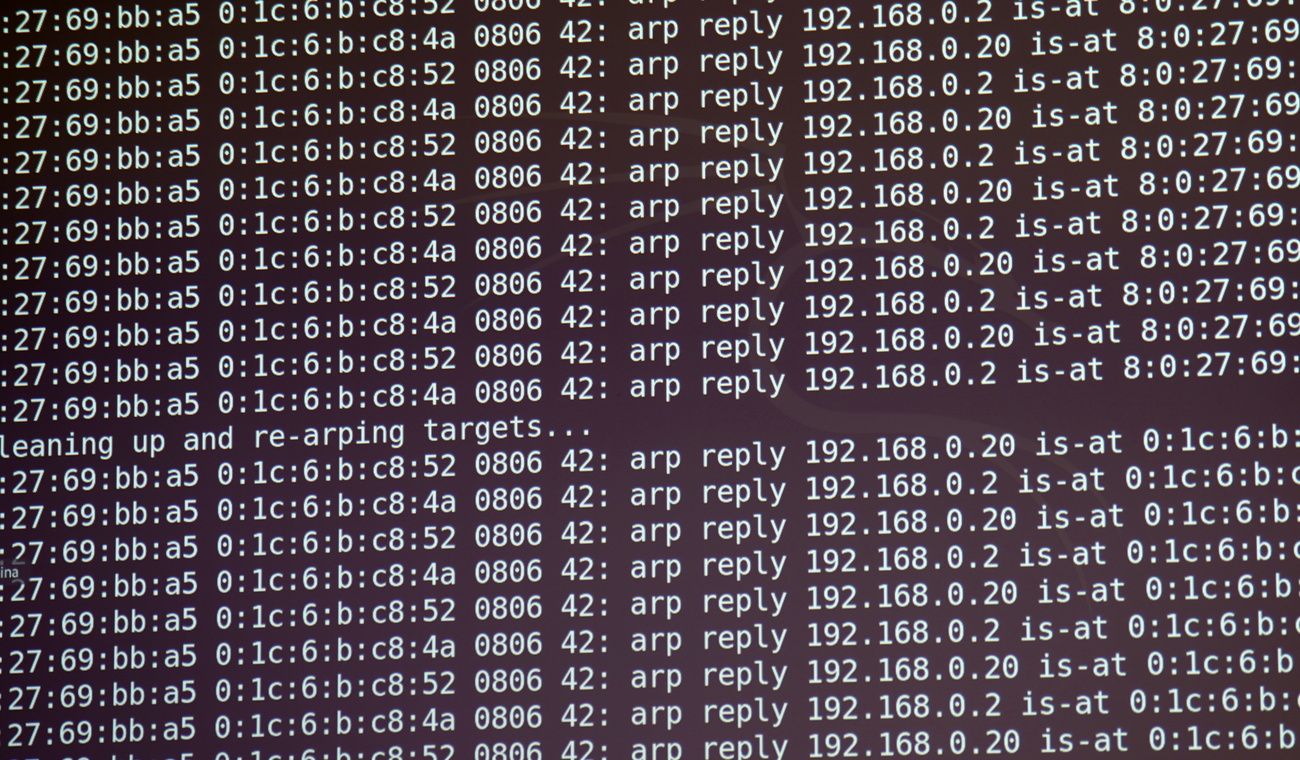
Security services highlight greatest threats to Switzerland

Pandemics, rivalries between global powers, cyberattacks, jihadist terrorism, and violence among left-wing and right-wing extremists are among the main threats to Swiss security, the Federal Intelligence Service (FIS) said in its latest situation report.
“Covid-19 will have a lasting impact on our security policy. A key finding from the pandemic is that there needs to be a crisis-resistant supply of critical and essential goods and services,” Defence Minister Viola Amherd wrote in the introduction to Switzerland’s Security 2021External link, published on Thursday.
“Looking beyond Covid19, we must be prepared for further serious pandemics in the future – as well as natural disasters, which are increasing in frequency and severity,” she noted.
To this end, the FIS’s ability to anticipate, identify and assess threats and developments that are of strategic importance to Switzerland were crucial for taking preventive measures.
“Because the international security situation has become more unpredictable, we need to pay greater attention to security policy and the entire spectrum of threats and dangers. We must increasingly adapt ourselves to an environment that has become nastier,” Amherd said.
Superpower rivalry
These threats and dangers take many forms, with Switzerland’s security continuing to be shaped by growing great power rivalry between the US, China, Russia and the European Union.
The Chinese government, for example, “will continue to follow its strategic plan to become the strongest global power by the middle of the century. […] Rather than seeking integration through the adoption of international standards and rules, the Communist Party is increasingly presenting the Chinese model of government as an alternative to liberal democracy”.

More
China slams Switzerland for ‘interfering in internal affairs’
As for Russia, its “focus on the internal development of the Putin system will not restrict its room for manoeuvre in terms of foreign and security policy. Russia is successfully deploying its limited resources abroad, at relatively low cost, in order to consolidate its own sphere of influence”.
On the home front, the FIS noted that the potential for violence persisted among left-wing and right-wing extremists in Switzerland. “Both scenes try time and again to make use of the potential for protest in society. Particularly in protracted or exacerbating crises, there is furthermore the risk that protests intensify and in parts turn violent even without the involvement of the left- or right-wing extremist scene”.
What’s more, the terrorist threat in Switzerland remained high. This is mainly determined by “jihadist actors”, it said, pointing to attacks last year in Switzerland and in neighbouring France, Germany and Austria.
“The killing in Morges on September 12 and the attack in Lugano on November 24 were both inspired by the jihadist movement. In both cases, knives were used and the perpetrator’s distressing personal situation and psychological problems played a role,” it said.

More
Murder suspect acted ‘out of vengeance against the Swiss state’
“Attacks involving little organisational or logistical outlay, carried out by lone perpetrators acting autonomously, remain the most likely threat. Attacks are likely to be carried out primarily against so-called soft targets such as groups of people, poorly secured buildings and public transport facilities. Increasingly, the perpetrators show signs of radicalisation and violent tendencies combined with personal crises or psychological problems.”
Cyberattacks and espionage
The report said the pressure to digitalise – which had been reinforced by the protective measures introduced during the pandemic – had increased vulnerability to cyberattacks, especially via supply chains.
“The numerous companies in Switzerland which provide equipment and services for the operators of critical infrastructure in this country and abroad are attractive targets for state-sponsored actors,” it warned.
The FIS also said spying remained an ever-present challenge, with Geneva remaining a prime target due to the high concentration of international organisations and diplomatic missions.
“Foreign intelligence services pose a direct threat to certain target groups in Switzerland and may also be involved in influence operations against Swiss interests,” the report said.

More
Jump in cyber attacks during Covid-19 confinement

In compliance with the JTI standards
More: SWI swissinfo.ch certified by the Journalism Trust Initiative

























You can find an overview of ongoing debates with our journalists here . Please join us!
If you want to start a conversation about a topic raised in this article or want to report factual errors, email us at english@swissinfo.ch.